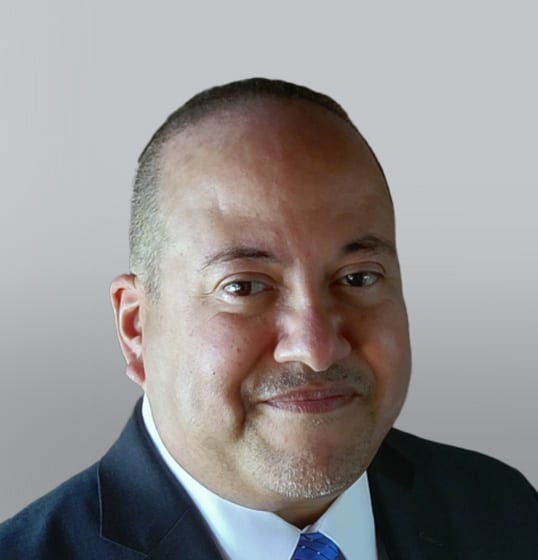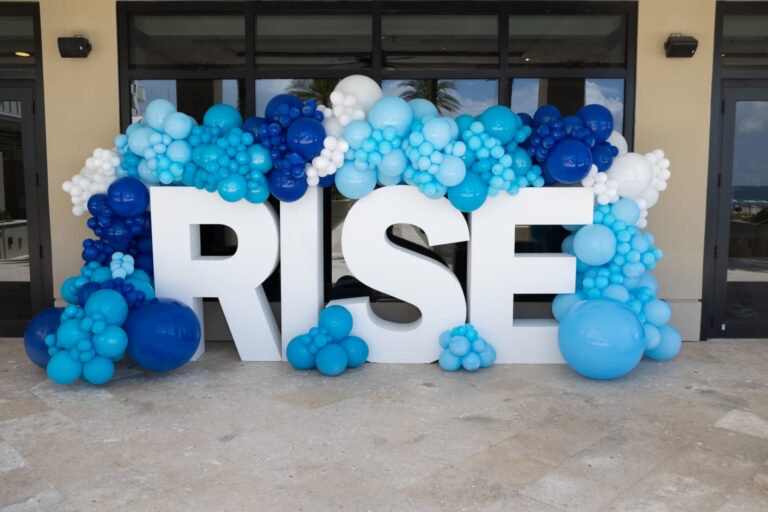As the U.S. accelerates its planning for the relocation of Afghani interpreters and other contractors that supported our troops throughout our presence there in the fight against terrorism, the companies that provide insurance services to their employers must do the same.
When it comes to workers’ compensation, contractors working overseas for the U.S. government fall under federal jurisdiction in the form of the Defense Base Act (DBA), an extension of the Longshore & Harbor Workers’ Compensation Act (LHWCA).
Gallagher Bassett (GB) has been adjusting these claims for their carrier clients for nearly a decade. We have been growing our team along the way and increasing our expertise as well.
“We’ve seen a significant increase in the volume of claims over the last two years, and it is reasonable to expect that a large-scale relocation of Afghanis could also result in a surge of claims. Many of these workers will have latent conditions, such as Post-Traumatic Stress Disorder (PTSD), resulting from their exposure to combat,” notes Joe Berrios, Senior Vice President of Carrier Practice. “Our claims professionals will work closely with nurses, doctors, psychologists, vocational experts, and the claimant in assessing the claim.”
This may include disability ratings, employment contracts, and other factors regarding their jobs such as explosions, rocket attacks, and exposure to extreme environmental conditions. Another nuance GB’s claim professionals take into account is the claimant’s medical and wage history, including differentiating between military or civilian status and time frames.
Dawn Griffin, Senior Vice President of U.S. Claims Operations, is no stranger to strategic planning and assuring consistent execution, even in regard to newly emerging issues. “We use formulae to project growth. We engage every part of the organization to bring in talent, train them, and give them the tools they need to be highly successful. This includes assuring carrier partners that our team understands the various occupational diseases, hazards associated with working in austere locations and war zones (such as dust, radiation, and chemicals), and statutes specific to this jurisdiction.”
One of those people recruited several years ago by GB is Senior Client Services Manager Eric Richardson, who worked at the U.S. Department of Labor administering DBA and LHWCA claims for 22 years prior to joining GB in 2017. He also served in the Army Reserve for 20 years. “Gallagher Bassett is a strong company with a penchant for excellence and the highest ethical standards. Everyone I call here, without hesitation, is willing to support me when I’m working on a project or addressing the needs of a client. That makes a huge difference in dealing with the administrative and logistical challenges of managing claims from dozens of countries.”
Now that we are in the final stages of withdrawal, here are a few ideas from our team around readying your organization for the impending impacts of this event. We suggest focusing on (1) preparing to support your insureds and their employees and (2) gathering data while sustaining your business continuity.
Insured engagement:
- Develop tailored communications to help them navigate their returning employees in the most effective way
- Coach insured employers for early identification of risks
- Strategize on solutions to connect and handhold the injured worker throughout the claim process.
Business readiness:
- Plan administratively for volume spikes
- Consider data capture that informs business trends and actuarial decision making (i.e. specific coding, cause code naming conventions)
- Ensure you have the right analytics to understand trends and variances driven by:
- electronic versus facsimile Department of Labor filings
- claim shifts due to PTSD treatment protocol, and
- coordination of War Hazard pursuit.
While DBA claims are widely regarded to be amongst the most difficult to administer, under the Carrier Practice leadership, GB has established an entire branch dedicated to claims under federal jurisdiction. “GB pivoted swiftly to adapt to COVID-19 and will certainly do the same for the events we see coming, including the return of our contractors from Southwest (SW) Asia,” commented Griffin.
To find out how our expert team can help your clients navigate the return from Afghanistan, connect with us today.






